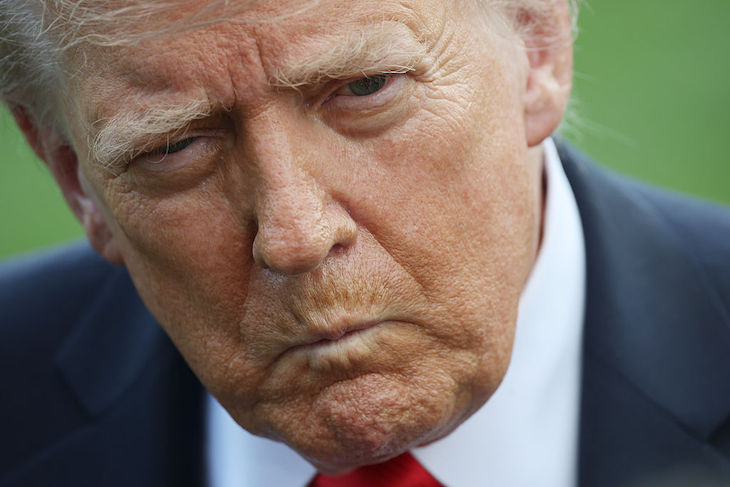Whether you consider World Mental Health Day an important and necessary means of drawing attention to often overlooked issues, or a gimmicky fad that somehow manages to overlook the other 364 days a year that such matters are equally important, there is no doubt that the royal family have been doing their bit to raise awareness.
Never mind that it is most likely that the late queen’s solution to any mental health issues was to put on the Marigolds and engage in a spot of light cleaning (later, of course, to be done at greater length by a flunkey). The modern-day Firm is all about the caring and sharing, and they are taking great care to make sure that their subjects know that.
Fresh from seeing his Africa Parks charity spiral into chaos and controversy, Prince Harry shrugged off his latest reputation-shredding upset to return to his happy place, namely being publicly venerated. He and Meghan headed to New York last night to be named ‘Humanitarians of the Year’ at the Project Healthy Minds Gala. The duke, who was described on the company’s website as a ‘humanitarian, mental health advocate, environmentalist and military combat veteran’ – to borrow the old joke, isn’t that four people? – made a typically barnstorming speech in which he attacked social media and ‘algorithms designed to maximise data collection at any cost’, denouncing the big corporations for causing what he called ‘an epidemic of distraction’. That he and his wife have profited from these corporations to the tune of millions of dollars – and that Netflix, one of the key drivers of such algorithms, sends the unwary to Harry and Meghan went unmentioned.
Concidentally, or otherwise, Harry’s big speech was delivered only a few hours after his estranged sister-in-law published a similar essay calling for a return to smaller, more intimate lives away from the embrace of Big Tech. The Princess of Wales wrote that people had become ‘more isolated, more lonely, and less equipped to form the warm, meaningful relationships’ as a result of the march of technology, and that families should come together once again. In words that some might find saccharine and others affecting, she suggested that it was time to ‘look the people you care about in the eye and be fully there – because that is where love begins’.
Few would argue that increasingly isolated existences are hardly conducive to familial stability or mental health. Yet it was the Prince of Wales who demonstrated how important kindness and personal connection can be when he spoke to Rhian Mannings, a mental health advocate who suffered the dual trauma of losing one of her children to illness and then her husband to suicide within a week. As Mannings candidly discussed the death of her spouse – ‘I think that’s what the hardest thing is, we would have been OK’ – William is shown obviously and deeply affected in a film released to coincide with World Mental Health Day, fighting back tears and saying ‘I’m sorry, it’s just hard to ask the questions…’
There will be diehard supporters of Harry who claim that his speech was the most important statement made by any member of the royal family, just as partisans of Wills ‘n’ Kate will argue that their subtler, less bombastic utterances are of far more lasting value. Neither side is likely to believe that the juxtapositions of their very public interventions is coincidental, nor that the very different approach of the bully pulpit of the Duke of Sussex (lest we forget, Humanitarian of the Year) and the more low-key intercession of the Prince and Princess of Wales were not carefully considered long in advance.
It is hard not to feel that the animosity between the two branches of the younger royals is now spilling over into very public forums. Their undoubted good intentions are surely undermined by the sense of rivalry – and one-upmanship – that lurks beneath the worthy surface. That, in itself, is something worth considering on this day, of all days.







Comments